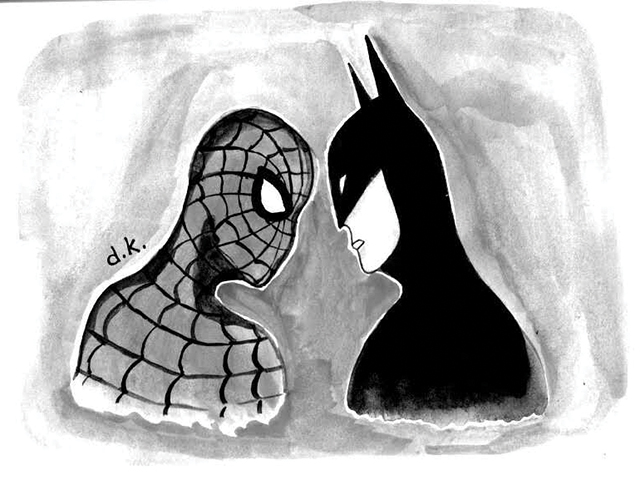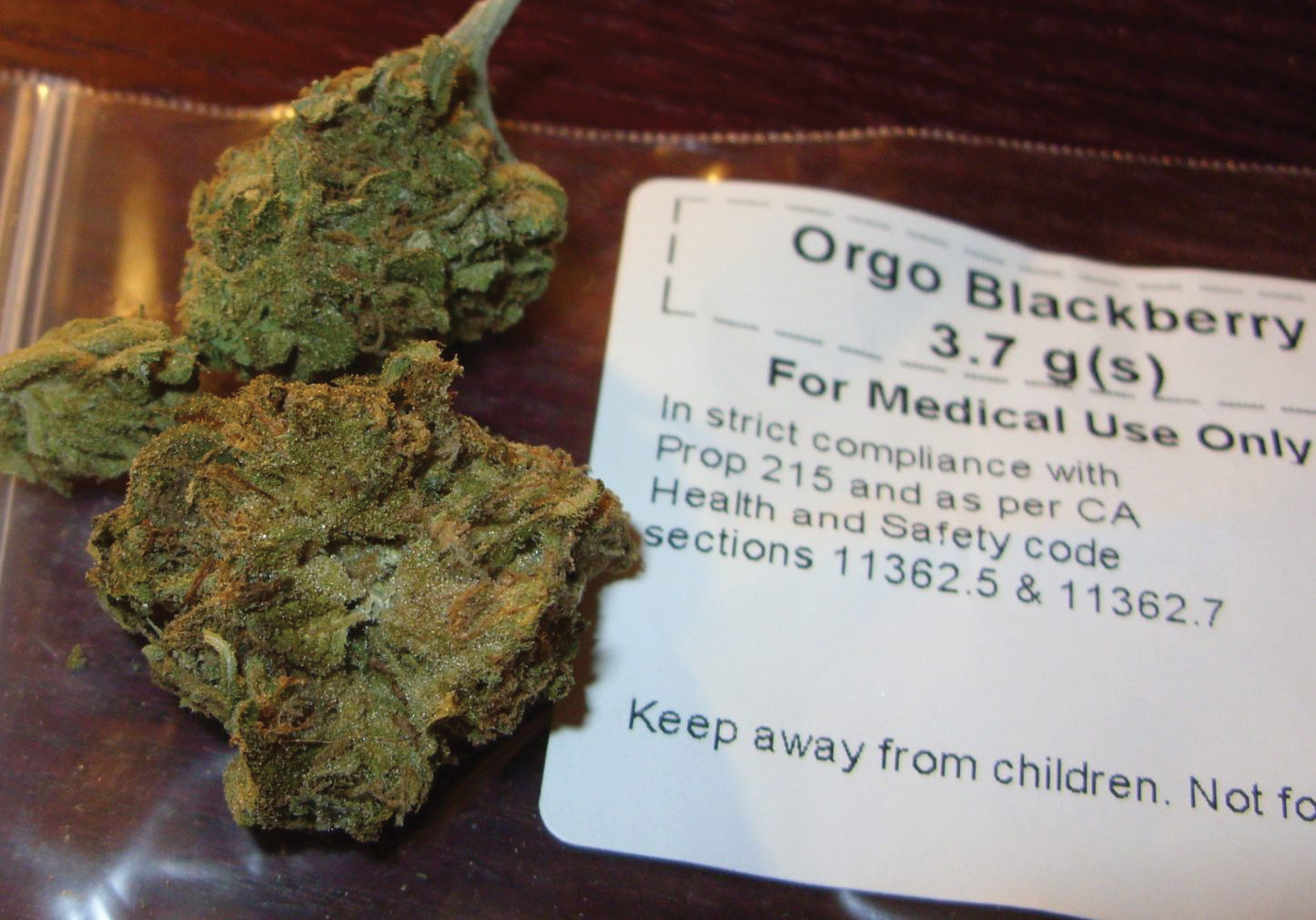
[dropcap]T[/dropcap]here are not many rivalries that generate internet drama like the Marvel versus DC debate. Hardcore fans are ready to lay down their lives on their keyboards to defend their favourite franchise, and discussions escalate pretty fast. After all, the question is one for the ages – or at least definitely for this one. So unless your honour and happiness depend upon it, trying to establish which one of the two is doing best makes for an entertaining mental exercise and a great chance to unleash all the nerdiness possible.
The competition has by now expanded to almost every medium imaginable, each with its own creators and different interpretation of the characters. But let’s start with the silver screen – because, at the moment, cinecomics are the most talked about of all superhero-related content. And they’re also a pretty definite win for Marvel.
The main thing is, Marvel had more time than DC to expand its cinematic universe. Iron Man, the beginning of Phase One, came out in 2008. In the next five years, all the main characters had been introduced and finally assembled in 2012, with Avengers. On the other hand, DC tried to start everything up with Batman v Superman, which came out in 2016 but had its “Avengers moment” with Justice League only a year later, in 2017. With such a short time span to work with, narrative arcs are bound to suffer.
Storytelling is the second significant success for Marvel when it comes to movies – they have had time to explore every aspect of their characters, finding what makes them relatable and human. Marvel superheroes deal with current and complex issues, but they also know when to lighten up the atmosphere with some witty banter. DC doesn’t care for witty banter, though. Its movies want to be serious and deep, following the legacy that Christopher Nolan left with his Dark Knight trilogy, but almost never succeed – because of chaotic story-lines, like in Suicide Squad, and monolithic characters.
“Chaotic” is also a good way of describing the expanded television universe. DC’s main series, Arrow, The Flash, Supergirl, Legends of Tomorrow and Black Lightning, air on The CW and crossover quite often – even though they’re not connected to the cinematic universe. They do keep up the bright and flashy comic book vibe, but they’re hopelessly CW dramas – sometimes too much so. On the other hand, Gotham stands by itself on Fox, with its darker and Nolan-esque themes.
The fact that one character is sometimes played by different actors makes it easier to follow only one product or the other, but it also doesn’t help in creating the sense of a cohesive universe that Marvel undoubtedly has. The “Netflix five,” Daredevil, Jessica Jones, Luke Cage, Iron Fist and The Defenders interact with each other but also with the wider universe. The same happens in ABC’s Agents of S.H.I.E.L.D., which centers around Agent Coulson, Clark Gregg’s Avengers character.
And what about the source material? Comics are the most difficult to judge, their universes being the most expanded of all, and the lines blur more often than not – DC had its golden age in the Forties, Marvel in the Sixties. Many characters resemble and take inspiration from one another, like Green Arrow and Hawkeye. In the end, the comics remain a question of personal taste more than box office success.



